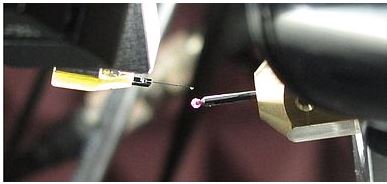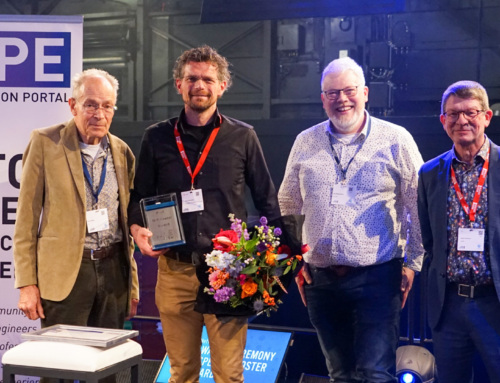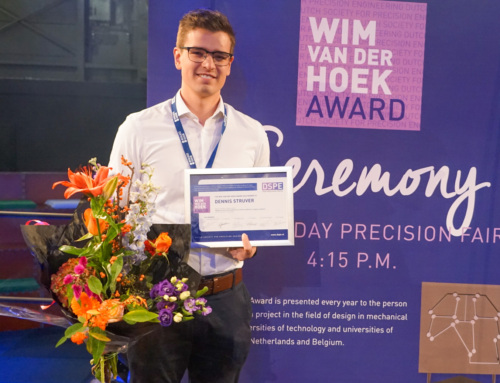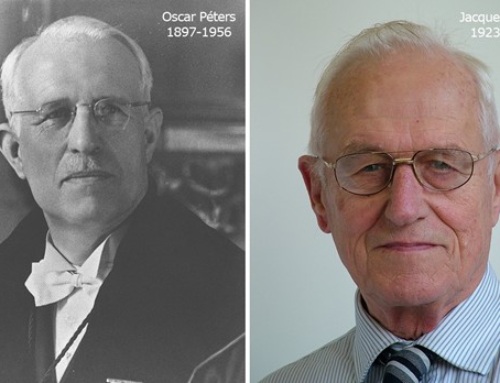Workshop on multifunctional ultrafast microprobes successfully delivered at EUSPEN International Conference
EMPIR project ‘Multifunctional ultrafast microprobes for on-the-machine measurements’ (MicroProbes, 17IND05) is developing new microprobe tools that can provide traceable measurements of material surfaces. Quality control of machinery is a necessary stage of high-precision manufacturing processes, where accurate measurements of surface properties like roughness and form are important to assess machinery conditions and the level of wear. The project is working to integrate micro-scale probes into manufacturing processes to allow for reliable and ultra-fast on-the-machine measurements of surface properties. Project outcomes will improve product line efficiency and ultimately support the production of high precision micro-finished parts for modern technologies.
At the EUSPEN 19th International Conference & Exhibition that took place in June earlier this year (in Bilbao, Spain), the project hosted a workshop to present the outcomes and aims of their metrology research. EUSPEN is a community that links industrialists, researchers, and other authorities around the world together with the unified aim of advancing precision engineering and nanotechnology. Several key project contributors from Germany, Finland and the UK – in addition to the project coordinator – presented at the workshop, providing information to attendees on the newly developed piezoresistive silicon microprobes and their in-line applications in industry.
The project coordinator, Uwe Brand, says,
“The great interest of participants in this workshop showed us that fast tactile surface metrology is really needed in industry. Moreover, the idea to combine tactile surface profiling with the simultaneous measurement of mechanical properties was met with great interest by the audience. Finally, we received some very interesting suggestions of the stakeholders of this project which we will uptake to further improve these microprobes.”
The successful workshop presented direct benefits to its participants, with knowledge transfer between different user groups resulting in the publication of webpages, good practice guides and press releases. Through discussions of project objectives and opportunities, the consortium was able to develop plans for the uptake and exploitation of its new technology. Positive industrial impact will continue to be made through further training events and continued research activities aimed at improving the efficiency of in-line product inspection and other high-precision manufacturing processes.
Further information can be found here >>>













